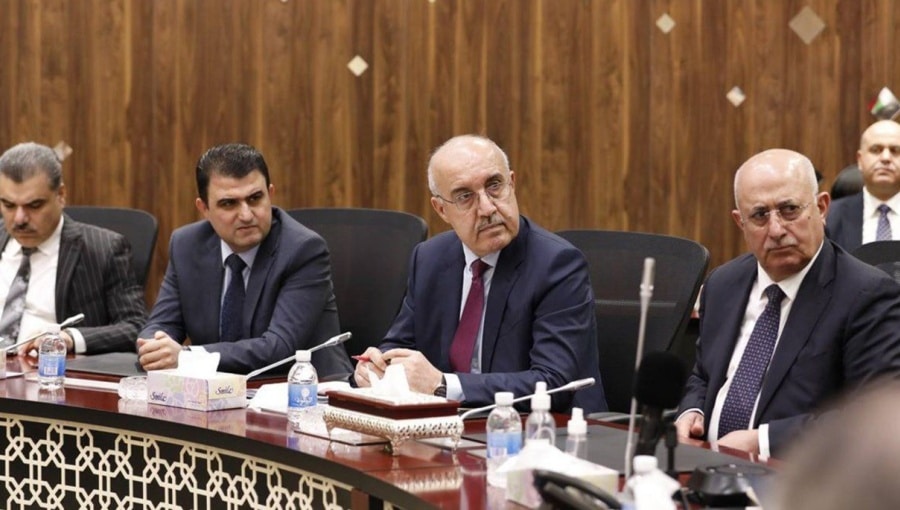On 17 July, the Council of Ministers approved a wide-reaching agreement with the Kurdistan Regional Government (KRG) aimed at resolving several outstanding issues related to oil revenues, exports, and salary payments. The deal follows a significant escalation in attacks targeting KRG oil sector facilities in recent days. No further UAV strikes have been recorded since the agreement was announced. The attacks prompted several companies to suspend or curtail operations in the region, contributing to a reduction in oil exports. While the agreement is viewed as a positive indicator, caution remains advised, and the security and political implications of the deal are still under evaluation.
No group has claimed responsibility for the attacks; however, the KRG has attributed them to Shia militia groups operating from federal areas. The causes and motivations behind the strikes remain complex and are believed to stem from domestic tensions between the KRG and Baghdad, internal disputes within the KRG (notably between the KDP and PUK), and U.S. policy shifts under President Trump. These factors, combined with recent regional tensions, are assessed to have contributed to the recent escalation. This context report highlights several ongoing issues believed to have driven the uptick in attacks.
Iraqi Government and KRG Reportedly Reach Agreement
In a significant development, the Iraqi Council of Ministers approved a comprehensive agreement with the Kurdistan Regional Government addressing oil exports, non-oil revenues, and salary payments. Under the agreement, the KRG will deliver 230,000 barrels of oil per day to the State Organization for Marketing of Oil (SOMO) for export, with additional volumes to be included as available. Of the region’s estimated daily output of 280,000 barrels, 50,000 barrels will be retained for domestic use. The KRG will cover the cost of producing and transporting this amount, while the federal government may supply refined oil products equivalent to up to 15,000 barrels per day, based on assessed needs. A joint committee from the Federal Ministry of Oil and the KRG Ministry of Natural Resources is expected to submit an evaluation within two weeks.
In addition to the oil arrangements, the KRG will transfer 120 billion dinars for May and June as an initial installment of its non-oil revenue obligations, pending audit results. A joint working group composed of federal and regional financial oversight bodies will review and classify all non-oil revenues to determine Baghdad’s share, with findings due within one month. The Ministry of Finance will begin paying KRG employee salaries upon confirmation of oil deliveries, covering May, June, and subsequent months. The agreement also mandates joint committees to complete salary account localization and assess any excess expenditures by the region. All implementation timelines begin from the date of the Council’s approval and are contingent on full compliance by both parties.
The impact of the agreement on security-related dynamics remains to be seen; however, the deal is initially assessed as a positive indicator. The intent to reach an agreement was likely influenced by the recent escalation and suspension of oil operations, which is assessed to have placed pressure on all parties to address underlying issues. As of 19 July, no further attacks have been reported, though sources have noted multiple incidents in which UAVs operating overhead caused concern and, in some cases, drew gunfire from nearby civilians and security forces. The situation remains fluid, but the absence of attacks on 18 and 19 July is viewed as an encouraging sign that raises hopes for an end to the current wave of strikes.
To view this full report or to obtain a free trial for our services, please contact us.


